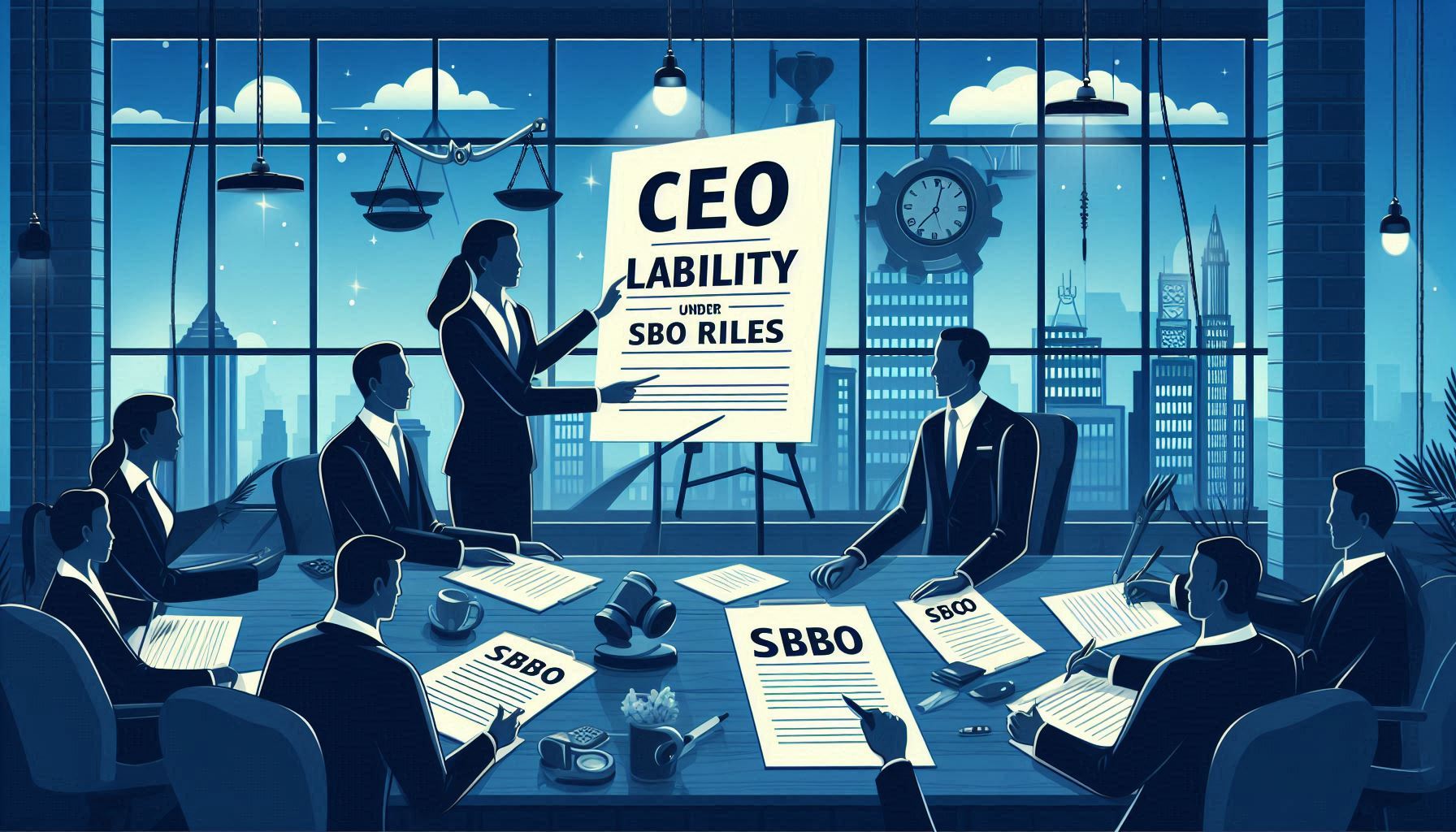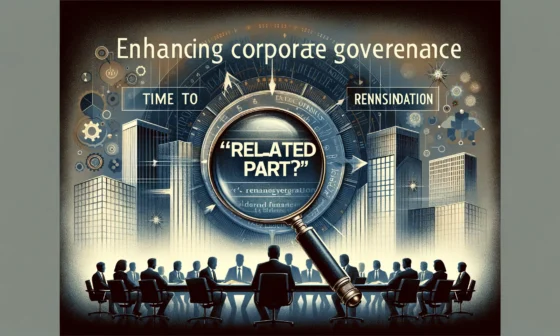INTRODUCTION
Recently, the Supreme Court of India in Patil Automation Private Limited v. Rakheja Engineers Private Limited held that the statutory pre-litigation mediation under Section 12A of the Commercial Courts Act, 2015 [“Act”] is mandatory and any suit instituted violating the mandate of Section 12A must be visited with rejection of the plaint under Order VII Rule 11 of the Civil Procedure Code, 1908 [“CPC”]. The author is of the opinion that, given the huge workload and increasing pendency of cases in India, the decision of the Supreme Court is in the right direction.
FACTUAL BACKGROUND
In the present case, Rakheja Engineers had filed a commercial suit under Order XXXVII of the CPC before the Additional District Judge, District Court, Faridabad, praying for recovery of Rs. 1,00,40,291/- along with 12 per cent interest on a certain sum which on 12.10.2020. In response, the present appellant (then defendant) Patil Automation filed an application on 05.02.2021 under Order VII Rules 10 and 11 read with Sections 9 and 20 of the CPC, contending that the suit was filed without adhering to Section 12A of the Act.
Consequently, the Trial Court rejected the contentions of Patil Automation and held that the procedure and law given under Section 12A are for advancement of justice and not to thwart on technical grounds. Hence, it kept the civil suit in abeyance and directed both the parties to appear before the Secretary, District Legal Services Authority, Faridabad for the purpose of mediation as per the provisions of Section 12A and the Rules framed thereunder.
Subsequently, unsatisfied with the Trial Court’s order, Patil Automation filed a Civil Revision Petition in the High Court of Punjab and Haryana, where the Hon’ble bench confirmed the findings of the Trial Court and held that, “the purpose of referring the dispute to mediation centre is to explore settlement. If the suit is filed without taking recourse to the procedure, it should not entail rejection of the plaint.”
Finally, Patil Automation filed an appeal before the Supreme Court wherein the central issues that arose for consideration were first, whether the statutory pre-litigation mediation contemplated under Section 12A of the Act as amended by the Amendment Act of 2018 was mandatory and second, whether the Courts mentioned above have erred in not allowing the applications filed under Order VII Rule 11 of CPC to reject the plaints filed in the appeals without complying with the procedure under Section 12A of the Act.
PARTIES’ SUBMISSIONS
Patil Automation contended that the usage of the word ‘shall’ in the context of the object of the legislation must be construed as mandatory. They further contended that if the application under Order VII Rule 11 is allowed and the plaint is rejected for non-compliance with Section 12A, there would be no prejudice caused as on the same cause of action, the plaintiff can bring a fresh suit after complying with the mandate of Section 12A of the Act. Furthermore, they placed reliance upon Laxmi Polyfab Pvt. Ltd. v. Eden Realty Ventures Pvt. Ltd and Awasthi Motors v. Managing Director M/s. Energy Electricals Vehicle, wherein the courts had observed that the provisions of Section 12A are to be construed as mandatory and not directory.
In contrast, the learned counsel representing Rakheja Engineers contended that the word ‘shall’ in the statutory provision shouldn’t be considered as mandatory because the provision doesn’t contemplate any penal consequences for its disobedience. Furthermore, he pointed out that instituting a suit without complying with the provisions of Section 12A does not affect any legal rights of the defendant and it is only a procedure intended to bring about a settlement between the parties.
RULING AND ANALYSIS
The Supreme Court set aside the order rendered by the High Court of Punjab and Haryana and held that Section 12A of the Act is mandatory and any suit violating the mandate of Section 12A must be visited with rejection of the plaint under Order VII Rule 11 of CPC.
While addressing the concerns regarding the correct interpretation of Section 12A, where different High courts of India have provided conflicting opinions, the Supreme Court has finally been able to resolve the issue leaving no gaps for ambiguous inferences.
The court in order to save past transactions declared its direction to be effective from 20th August, 2022, and held the following:
- “in case plaints have been already rejected and no steps have been taken within the period of limitation, the matter cannot be reopened on the basis of this declaration.
- if the order of rejection of the plaint has been acted upon by filing a fresh suit, the declaration of prospective effect will not avail the plaintiff.
- if the plaint is filed violating Section 12A after the jurisdictional High Court has declared Section 12A mandatory also, the plaintiff will not be entitled to the relief.”
The Bench further observed that mediation offers a completely new approach to attaining the goal of justice resulting in a win-win situation from assigning a greater role to the parties themselves and represents a better and what is more in the era of docket explosion, the only meaningful choice.
The Supreme Court’s interpretation of Section 12A of the Act should be welcomed with open arms. Looking at its rising relevance and importance, the specified provision was added to the Act through an amendment in 2018 in order to envisage a mandatory reference to mediation for resolving differences out of court, before a suit could be instituted.
The author believes that sending parties to mandatory mediation does not in any way violate the right to access to justice because they can always approach the court in case mediation doesn’t work out. Furthermore, the legislature has already made an exception for situations where urgent interim relief is sought. In the case of GSD Constructions Pvt. Ltd v Balaji Febtech Engineering, the court held that pre-institution mediation could be dispensed with in such cases where making the party go through mediation would result in an irreparable loss and deny justice to the aggrieved party. In conclusion, Section 12A cannot only be perceived as a provision intending to dispense quick justice but also to ease judicial burden of the courts of our country.





